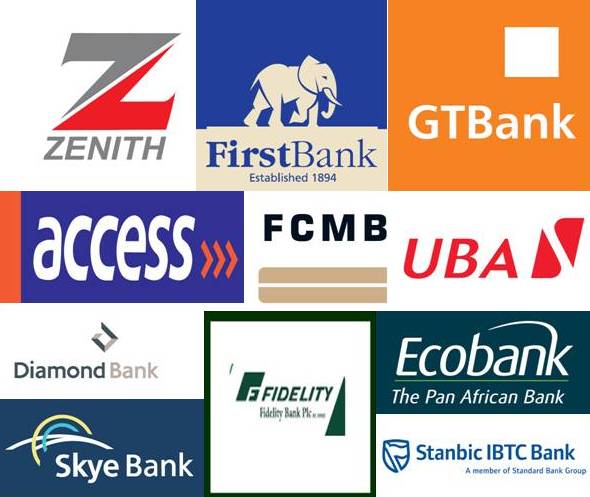Nigerian bank customers will now pay a charge for failed direct debit transactions.
According to the Guide to Charges by Banks, other financial and non-financial institutions published by the Central Bank of Nigeria, the charge will only apply to transactions that fail due to the account being unfunded.
Customers will be required to pay either one percent of the amount or N5,000 (whichever is higher) as the penal charge.
Direct debit is an arrangement made with a bank that allows a third party to transfer money from a person’s account on agreed dates
Stanbic IBTC notified customers of the penal charge through email on Thursday.
“In line with the Central Bank of Nigeria’s (CBN) Guide to Charges, a failed direct debit transaction resulting from an unfunded account is liable to a charge of 1% of the transaction amount or N5,000 – the higher amount is applicable,” the email read.
“While this penal charge is only applicable if a customer’s account is insufficiently funded at the time of the transaction, the qualifying amount shall be debited to customers account once it is funded.
“We, therefore, wish to advise that you ensure your account is adequately funded at all times to facilitate a successful transaction, especially if you activate any form of direct debit instruction on your account.”
Some customers are already questioning the directive on social media.
I still haven’t gotten an answer for this. @StanbicIBTC what do you mean by this mail? https://t.co/0q1gmxaJyG
— Adiaha Edidem🧡💚 (@Lucile_Kris) November 20, 2020
What exactly is direct debit sef? It confuses me
— Idomagirl (@idomagirl) November 20, 2020
Good morning @StanbicIBTC
— Fola Folayan (@TheFavoredWoman) November 20, 2020
Did you really send an email to your customers charging them for failed transactions?
Reports say you're imposing a penalty of one percent of the amount being transferred.
Please confirm.
Thank you.






